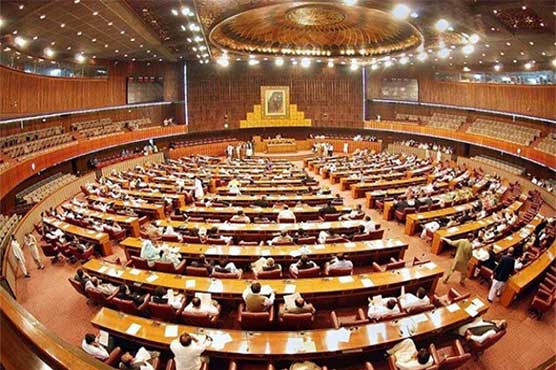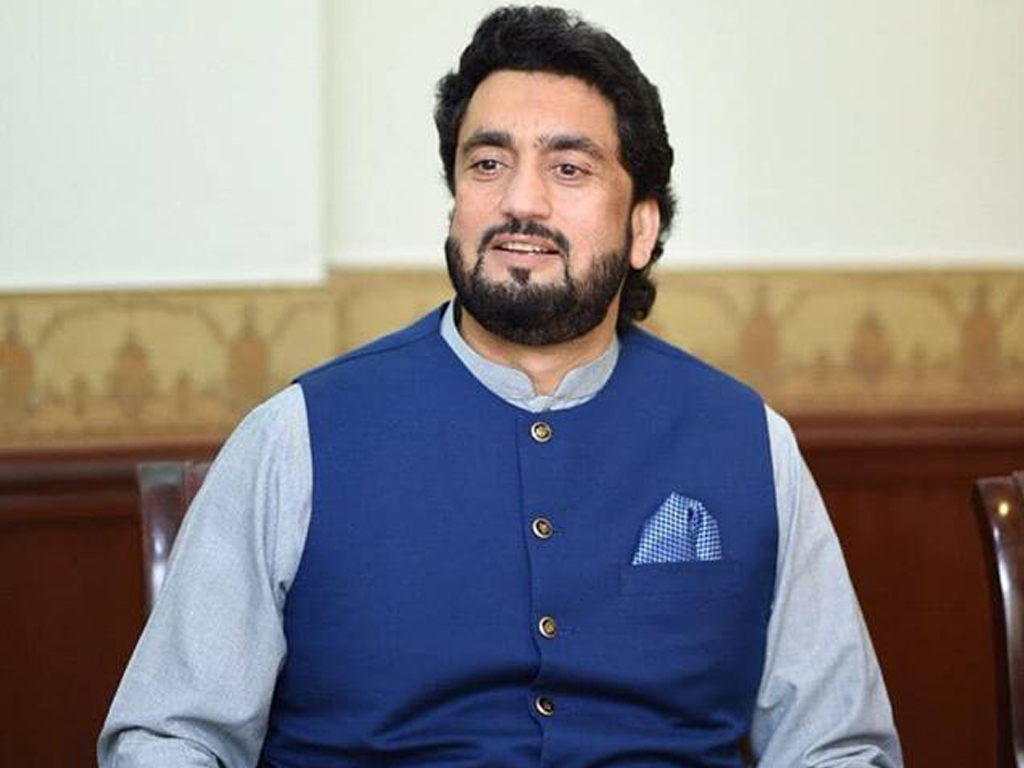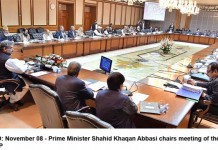Attorney General for Pakistan (AGP) Khalid Jawed Khan on Wednesday said that the courts could not order Parliament for legislation.
The AGP made these remarks while appearing before a three-member Federal Shariat Court (FSC) bench headed by its Chief Justice Noor Muhammad Meskanzai which heard a number of constitutional petitions filed against Riba-based banking system.
At the outset of hearing, Quranic verses with translation against Riba (Interest) were recited in the court room. Justice Syed Muhammad Anwar asked how much work had been done on interest free banking.
He said on previous hearing, the court had sought details of steps taken against Riba based system in the last 15 years.
The Attorney General responded that the State Bank of Pakistan (SBP) had not yet provided details.
He said that the FSC had ordered the introduction of an interest-free financial system in 2001 and had ordered the Parliament for legislation over the matter.
The court could not order Parliament for specific legislation, he added. The Chief Justice FSC said that it was jurisdiction of the Parliament to frame laws.
The AGP said that it was the responsibility of the state to legislate in accordance with Sharia.
Justice Syed Anwar asked why was the state reluctant to legislate according to Sharia?
The AGP said that the only problem was the method of fulfilling the responsibility. Justice Anwar asked why SBP was using delaying tactics.
The AGP said that only government had the authority to declare Riba illegal. Addressing the AGP, the Chief Justice stated that his all arguments were without any Shariah reference.
The AGP said that he was not an expert in Islamic jurisprudence and he would give arguments on constitutional points. Amicus curiae Babar Awan in his arguments stated that Only Shariat court could review whether the law was according to Shariah law or not. There was news on TV about interest rate every day, he added.
He said that Riba was present in country’s financial system. No court other than the Shariat Court could hear this case, he added.
He said that the court had also referred the matter of Judicial Commission to Parliament in the 18th Amendment. Parliament had the power to decide whether or not to legislate on judicial observation, he added. He said that the Shariat courts did not have the power to annul laws and it could only give its opinion to which the government would be bound.
The counsel for Jamaat-e-Islami said that it was beyond his understanding whether Babar Awan was admitting judicial jurisdiction or not.
The Chief Justice responded that the court also did not understand either, the arguments might become clear once they were completed.
Petitioner Iqbal Hashmi pleaded the court to summon Governor SBP over the matter.
Upon this, the Chief Justice responded that once the arguments of the lawyers were completed, then the court would decide to summon anyone.
Justice Anwar said that the issue was not whether the court had the right to hear the case or not.
The AGP said that the question was the direction given to the Parliament and its implementation.
Later, hearing of the case was adjourned till Thursday.
It is to be mention here that the Shariat Court had directed for an interest-free system in 2001 while the Supreme Court Shariat Appellate Bench had quashed the decision and ordered a re-hearing over the matter.














